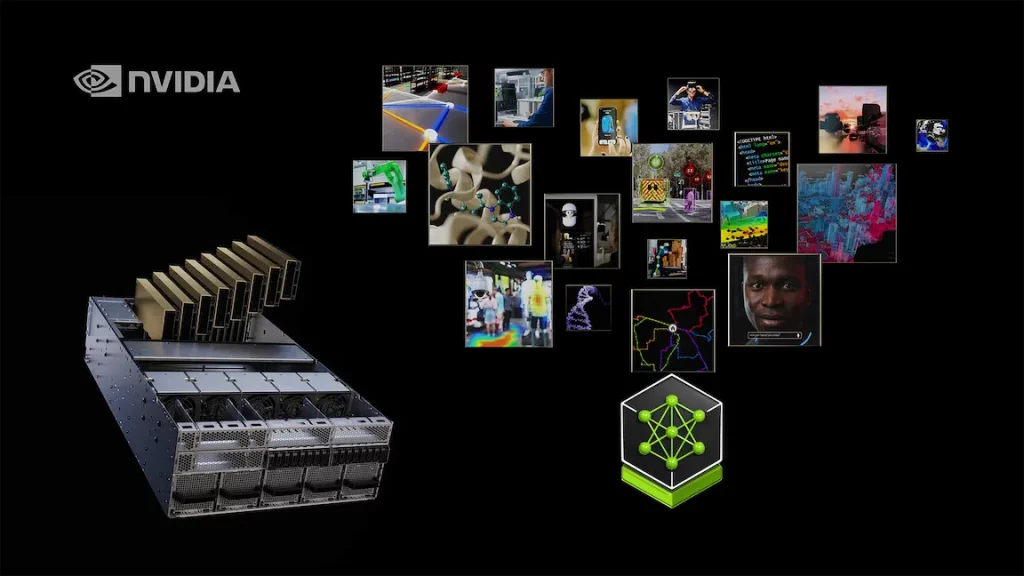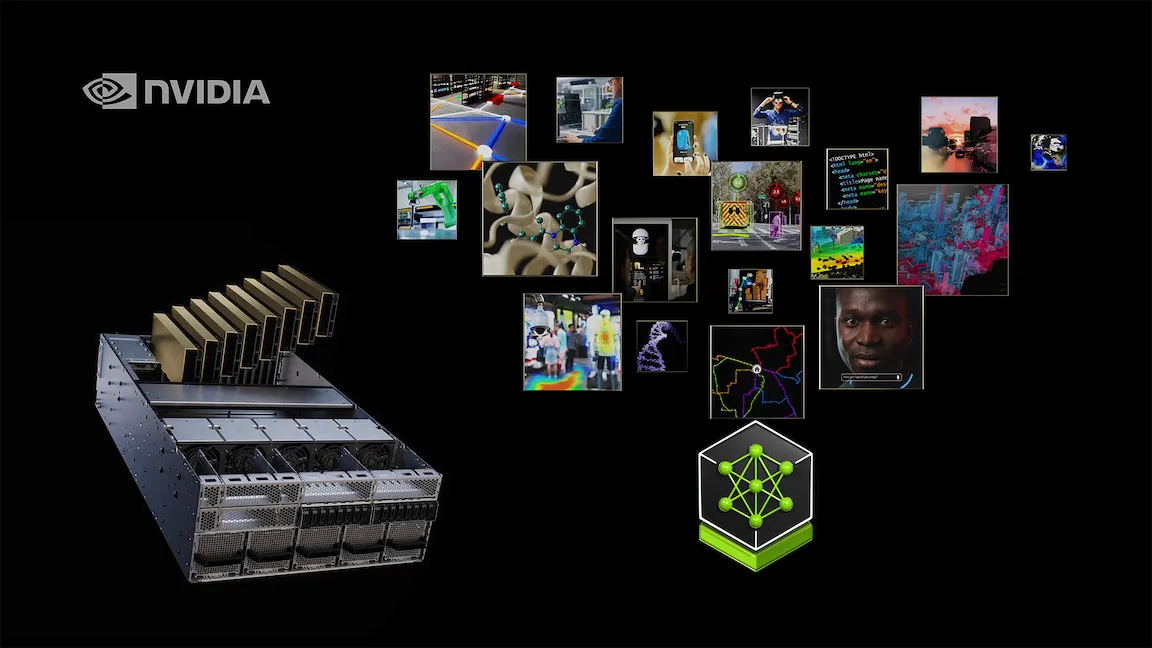NVIDIA has announced that its RTX PRO servers have achieved monumental success through its RTX PRO 6000 Blackwell Server Edition GPU, thanks to major global enterprises, including Disney, Foxconn, Hitachi Ltd., Hyundai Motor Group, Lilly, SAP and TSMC are among the first to deploy the systems.

Specifically, Disney’s Josh D’Amaro pointed to immersive storytelling enhancements, including an update to Disneyland and Disney World’s Millennium Falcon: Smugglers Run attraction tied to the upcoming The Mandalorian and Grogu film. Foxconn chairman Young Liu emphasized smart manufacturing and automation, while Hitachi CEO Toshiaki Tokunaga highlighted digital twin applications for social infrastructure. Hyundai’s Heung-Soo Kim outlined plans to reduce factory construction time and advance autonomous driving testing, and executives from Lilly, SAP and TSMC described applications in drug discovery, enterprise AI infrastructure, and semiconductor manufacturing respectively.
The broader enterprise ecosystem is also adopting RTX PRO Servers. Manufacturing players such as PEGATRON, Siemens and Wistron are deploying them for automation, while PubMatic is using the systems for AI-driven advertising. Aerospace firm Northrop Grumman, telecom provider Amdocs, and EDA leaders Cadence, Siemens EDA and Synopsys are among other early adopters.
For reference, The RTX PRO 6000 GPUs are up to 3x better in terms of price-performance compared to H100 setups, while digital twin and simulation workflows run up to 4x faster than on L40S GPUs. The servers are designed for broad compatibility with Windows, Linux and major hypervisors, and are supported by the NVIDIA AI Enterprise software platform, including NIM microservices, Omniverse libraries and Cosmos world foundation models.
RTX PRO Servers are available in multiple configurations from major OEMs such as Cisco, Dell, HPE, Lenovo and Supermicro, alongside partners including ASUS, MSI, GIGABYTE, Foxconn and PEGATRON. Cloud providers are also integrating RTX PRO instances, with CoreWeave and Google Cloud already live and AWS, Nebius and Vu set to follow later this year.






